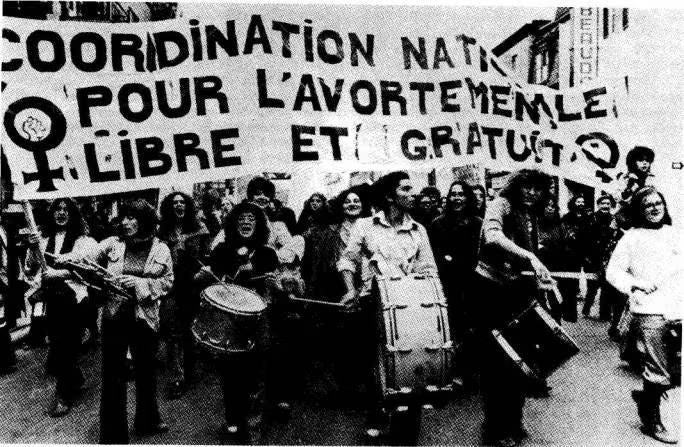The murder of Lucy Ann Rushton in Andover in June 2019 was a brutal reminder of the epidemic of violence against women. Rushton, only 30, was killed in a prolonged attack by her estranged husband, Sean Dyson, then 28. Yet even in the aftermath of such horror, the way institutions frame these crimes continues to…








